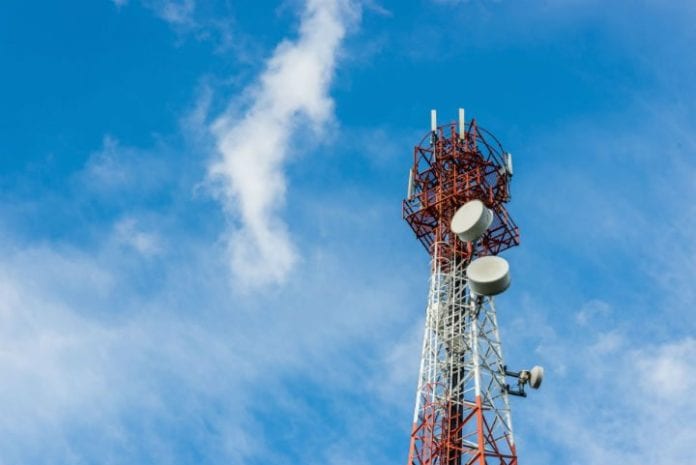Reliance to receive $1.6 billion for the tower transaction.
Indian telecommunications firm Reliance Communications signed binding agreements with Brookfield Infrastructure to sell nationwide tower assets to affiliates of Brookfield Infrastructure Partners and its institutional partners, the telco said in a statement.
The deal calls for the towers to be “demerged” into a separate new firm, which will be wholly owned and independently managed by Brookfield Infrastructure. The new company will become the second largest independent and operator-neutral towers company in the Indian market.
Reliance will retain certain information and other rights, but will not be involved in the management and operations of the new company. Reliance Communications and Reliance Jio will continue as major long-term tenants of the tower company, along with other existing third-party telecoms operators.
Reliance said it will receive an upfront cash payment of $1.6 billion on completion of the transaction, and will also receive class B non-voting shares in the new tower company, providing 49% future economic upside from the business. The firm said it will use the upfront cash payment to reduce debt. The previously announced combination of Reliance Communications’ wireless business with Aircel, and the monetization of the telecommunications tower business, are expected to reduce the operator’s overall debt by $4.6 billion.
The deal is still subject to approvals from shareholders, lenders and regulatory agencies.
NTT Data conducts field study in China using big data traffic simulation technology
In other APAC news, Japanese company NTT Data said it has successfully conducted an expanded field study of using big data traffic simulation technology to control traffic signals in Guiyang, Guizhou Province, China.
Optimized settings for traffic signals were tested using 220 signals at 19 intersections. During the test, cars passing through the intersections were identified by their license plates.
NTT Data said it’s looking to offer fully automated traffic-control solutions to Guiyang and other cities in China. The Japanese company said it will work with Guiyang to integrate its solution with the city’s total traffic-control system and eventually launch a commercial system for congestion alleviation with automated real-time signal control.

